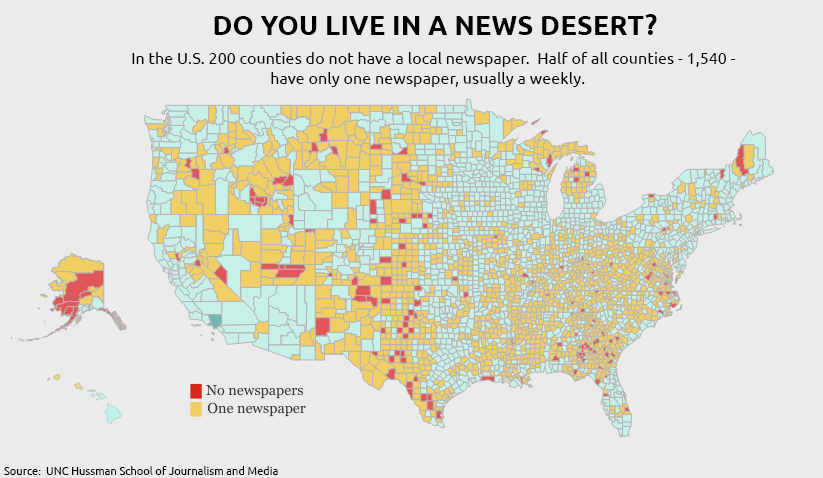The Gatekeeping Theory is a concept that has been studied in different fields of science, such as sociology and political science. It has also been studied by the media. The Gatekeeping Theory is a way of understanding how information is filtered and distributed throughout society. This theory suggests that there are "gates" or barricades that control the narrative and flow of information from the source to its audience.
Examples of these gates could be a television studio, newspaper printing press, or even a social network like friends and colleagues. The Gatekeepers are classified individuals that may control these gates. Therefore, these keepers have the power and ability to change what the public sees from different news sources. When it comes to the media, the Gatekeeping Theory is very pertinent. As the main news source for most people, it plays a crucial role in forming public opinion and political decision-making. It makes you think, how much is the media not telling us?
This media is not an objective source of information. The information you receive is subject to the biased agendas of the gatekeepers. This may result in a huge shift within politics and the public votes. If a certain news outlet has a bias toward a certain political party, it will only report the stories that positively reflect it and disregard the critical stories. This misinformation of different parties will lead to skeptical opinions and decisions. In the same way, gatekeeping will impact public perception of important real-world issues. When a news channel only covers certain issues and ignores others, it can create false stories and distorted views of what's truly happening in the world. Gatekeeping limits perspectives spreads misinformation, and will ultimately impact our future. The government promotes certain candidates to win the presidency as we have seen in the past. Nowadays people really listen to anything they hear, that is why it's so important to truly know where your news is coming from. These gates and gatekeepers will leave out the information you need to hear and instead feed you other stories.
This gatekeeping can limit the diversity of voices and perspectives that are represented in the media. Political parties are affected by this, and even everyday people. If gatekeepers only allow certain voices to be heard it will create a homogenous narrative that does not accurately reflect the opinions of society. The craziest new story that the media has impacted is the Hunter Biden story. There have been multiple scandals reported with Biden that have just recently been making more headway in the news. It will most definitely affect his fathers' presidency. Some marginalized groups' voices may be silenced because they do not have access to the gates which results in negative consequences. In conclusion, the gatekeeping theory highlights the power of the gatekeepers to shape the flow of information and the public understanding of events and issues. It's important for people to understand this power and to evaluate the information they consume to avoid being influenced by biased narratives.














